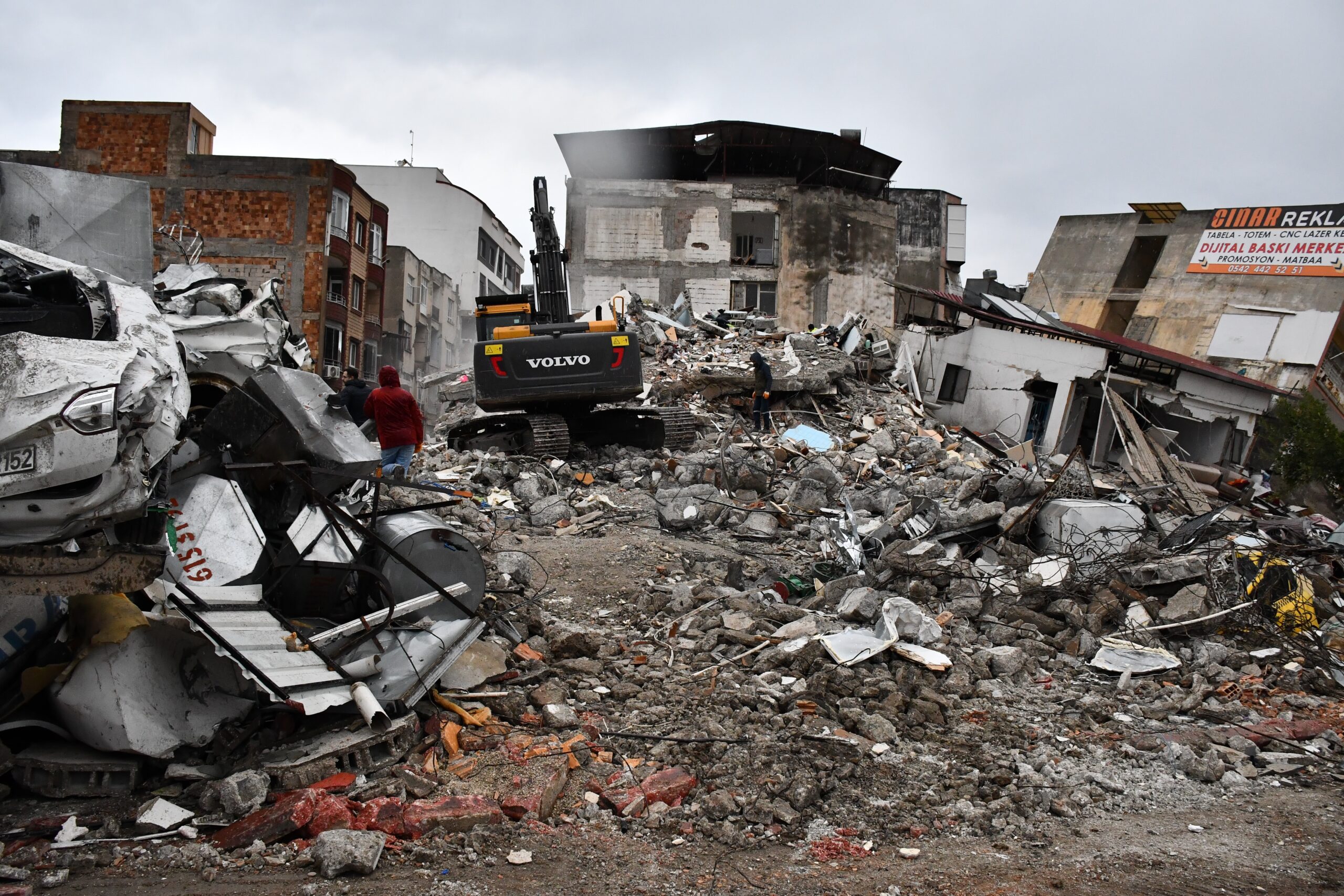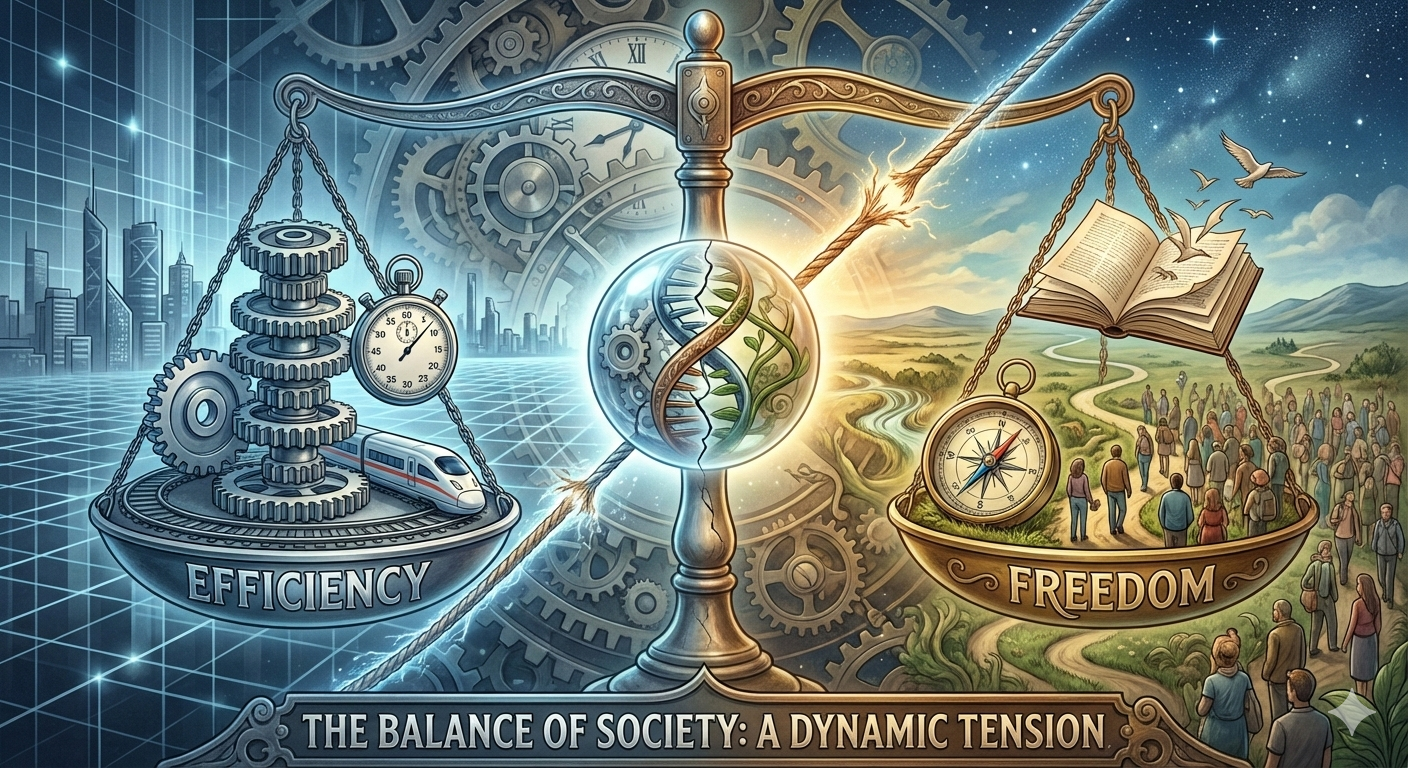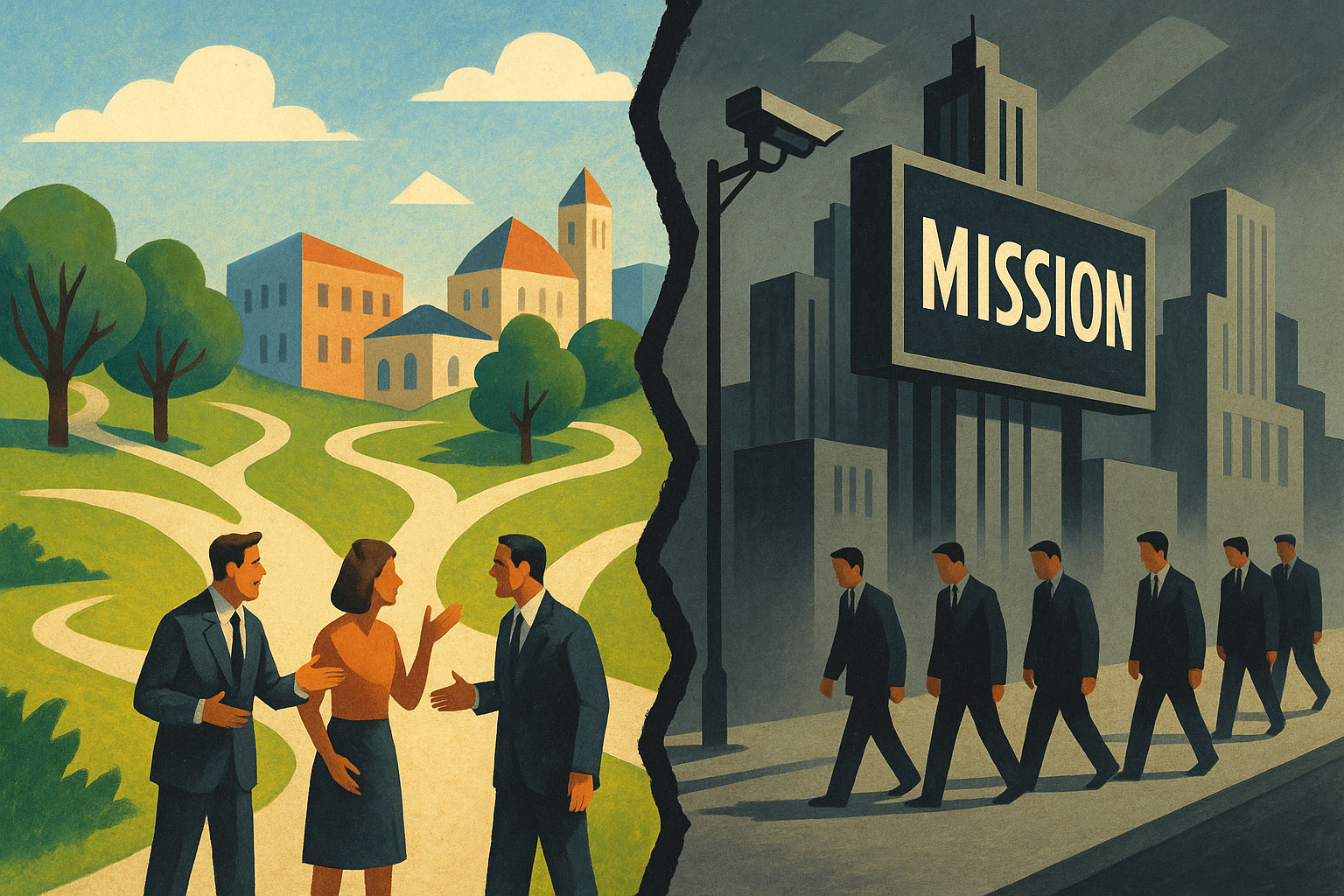Image citation: Turkey Earthquake image by Çağlar Oskay, licensed under Unsplash
In the aftermath of the horrific earthquake that hit Turkey and Syria in February 2023, a recurring myth demands the wisdom of Frederic Bastiat.
Who can ever forget the scenes of devastation—buildings reduced to piles of rubble, roads heaved and twisted, homes wiped out by fire, tens of thousands of dead and injured?
Whenever such bad things happen, somebody always claims that economically, bad things can really be good. Destruction, they argue, will require repair and that means the creation of new jobs. Catastrophes stimulate economic activity, turning at least some of the pain of the initial losses into a national blessing. Or so we’re told.
In the wake of the horrific quake that rocked Kobe, Japan in January 1995, Nicholas D. Kristof reported this in the New York Times: “Despite the devastation, some experts said that in some ways the earthquake could give a boost to an economy struggling to recover from a long recession.” The spending needed to rebuild the port of Kobe, he wrote, “may give a stimulus to Japan’s economy.” I hope Mr. Kristof has read some Bastiat in the years since.
This notion that destruction is an economic stimulus is not new. After World War II, some who surveyed the wreckage of Western Europe argued that the rebuilding effort would lift the continental economy. Reflecting back on those years, British Prime Minister Harold Wilson once explained the rapid rise of Germany and the stagnation of Britain in these terms: Germany had the good fortune of having its manufacturing capacity totally wiped out, whereas Britain was still using plants that had survived the war. The implication was that Britain would be better off today if only Germany had dropped far more bombs on it in the 1940s.
When floods in the American Midwest left behind billions of dollars-worth of lost property in 1993, then-U.S. Treasury Secretary Lloyd Bentsen openly declared that the nation’s economy would receive a healthy stimulus as a result. But it’s hard to imagine survivors of these awful events being consoled by such assurances. “I’m so glad my home was flattened because now I have the chance to rebuild it and stimulate the economy,” is not a widely-held view, I’m sure.
Nearly two centuries ago, the French economist and statesman Frederic Bastiat buried this error when he told a tale of a broken window. A young man throws a brick through a baker’s window. A crowd gathers around the broken glass, angry at the offender’s crime and sorry for the baker’s loss until a stranger happens by and declares, “This is a blessing! Now the baker will buy a new window, which will mean more business for the glass maker, which in turn will spread prosperity in every widening circles.” If the crowd really believed the stranger, they would go and break other windows in town to create even more prosperity.
In the words of the great Frenchman himself,
What is not seen is that if he [the baker] had not had a window to replace, he might have replaced his down-at-heel shoes or added a book to his library. In short, he would have used his six francs for a purpose that he will no longer be able to.
Bastiat buried the error but like Dracula, somebody is always digging it back up.
What is harmful or disastrous to an individual, Bastiat showed, is also harmful or disastrous to the collection of individuals that make up a nation. No one could think that a natural disaster was an economic advantage if he thinks first of all of the people whose property was wiped out.
The problem with all this is that some people are not using their heads to think this through. They are looking at a tree or two and ignoring the forest.
Consider a thief who goes house to house grabbing all the loot he can get his hands on, then spends it at the local shopping mall. Just because the shop owners might appreciate his business isn’t the same as saying he helped the economy as a whole. Every dollar the thief spends at the mall is a dollar that can’t be spent by the people to whom the money really belongs.
If it costs the citizens of Turkey and Syria a hundred billion dollars to rebuild, that’s a hundred billion they won’t have for other things. Much was lost forever because it was simply irreplaceable at any price. Anyone who simply observes the increased activity in the construction business as people spend to rebuild, and concludes that an earthquake is some sort of economic blessing, isn’t seeing the big picture.
The fact that some people who should know better still see blessings in destruction is an indication that we have a lot of economics educating to do! Bastiat, if he could speak to us today, would likely sigh, frown, and declare, “I already explained this to you a long time ago!”
#####
(Lawrence W. Reed, economist and historian, is president emeritus of the Foundation for Economic Education in Atlanta, Georgia. He blogs at www.lawrencewreed.com)








